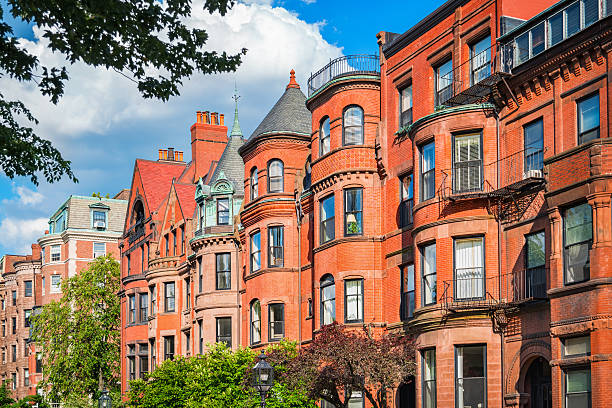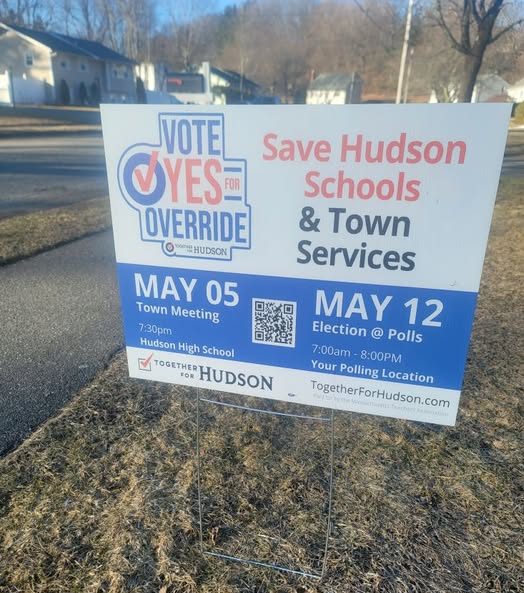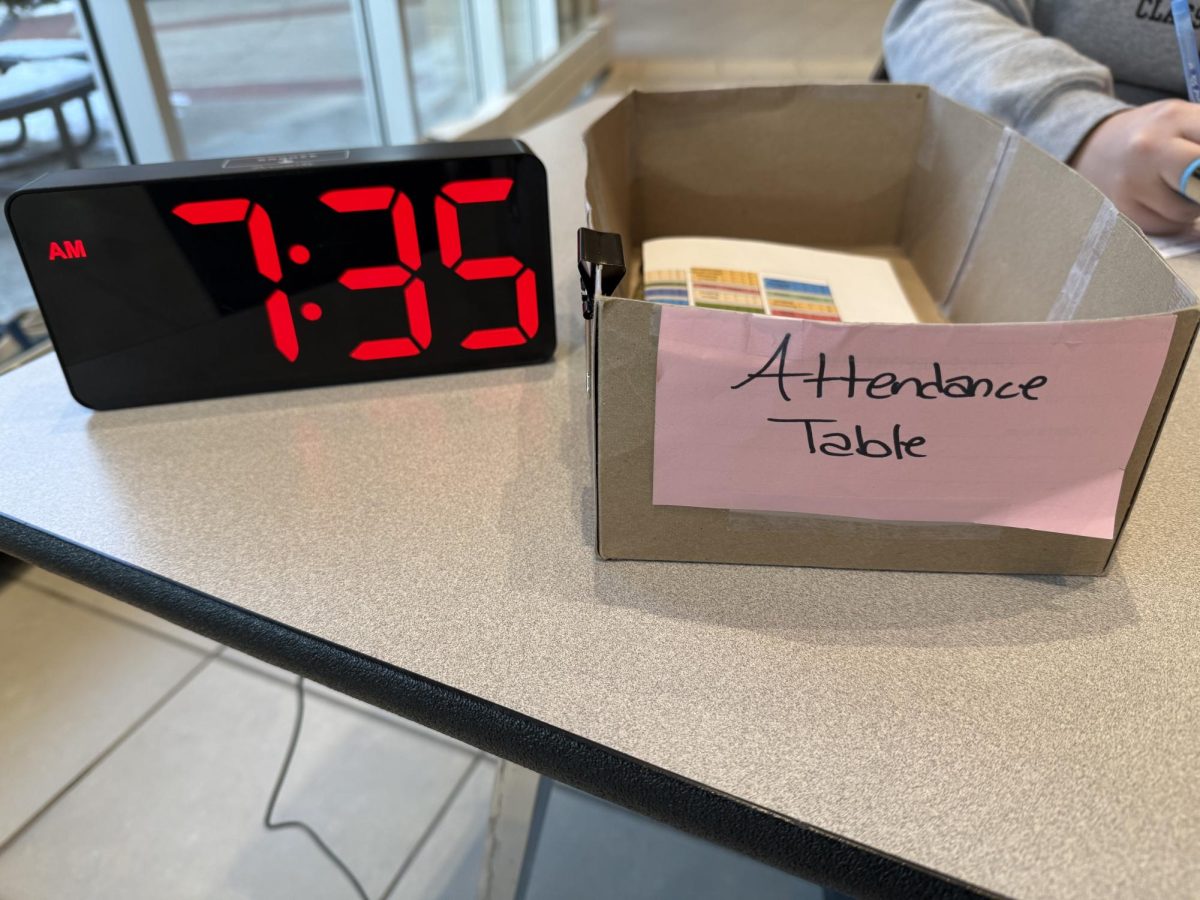A Boston law that has held up for over 40 years is being reevaluated due to the cost of living increasing. In 1976 a law was passed in Boston saying, “If you work for the city you have to live here too.”
In 1976 that law may have made sense but according to the U.S. Bureau of Labor Statistics, prices in Boston, Massachusetts are 452.86% higher than in 2024 versus 1976 which is a $90.57 difference in value.
Recently this law has caused many city-workers to start protests in Boston. Protests led by Local 26 Union workers have shut down many roads in Boston, most prominently Boylston Street. Workers are blocking the roads by walking with signs and posters advertising their want for a change in the law or higher pay.
In less than two weeks the annual Boston Marathon will be taking place, for most this means a fun day running or cheering on the runners. For city workers and other protestors, this means a new opportunity. Many protesters have threatened to disrupt the marathon by holding marches in the marathon path.
The voices of the workers have not gone unheard to Boston, they have issued plenty of statements showing an understanding of the problem and the desire for a fix. The problem is the protests will not stall until a physical change is made with the law or their income.
“It’s hard for city departments to fill their requirements. We don’t want qualified workers to choose between a job or whether they can afford to work here,” said Boston City Councilor Ben Weber.
If a change isn’t made not only will it hurt Bostonians financially, it will hurt Boston itself. Since many city-workers have already quit or are thinking of quitting soon many large services helping Boston will be underemployed.
This law that seemed like a little problem a few years ago is now affecting the entire city of Boston wildly and the current problems are tiny to the challenges Boston will face very soon if a change is not made.
“You shouldn’t have to work three, four jobs to live here,” said Boston City Councilor-At-Large, Julia Mejia.
Affordable housing is an issue across the state, not just in Boston. If you had to go to school where you live would you still be going to Hudson High? If you teach here and you had to live in Hudson, would you still be teaching here? If this law applied to students and teachers, there’d be much fewer people at the school, and most likely teachers and students you care about wouldn’t be here.











![Brazil's Neymar walks onto the pitch during his debut for Santos FC in a Sao Paulo league football match against Botafogo, in Santos, Brazil, Wednesday, February 5, 2025 [Andre Penner/AP]](https://bigredhawks.com/wp-content/uploads/2025/04/Neymar-is-Back-e1743558992671.jpg)







